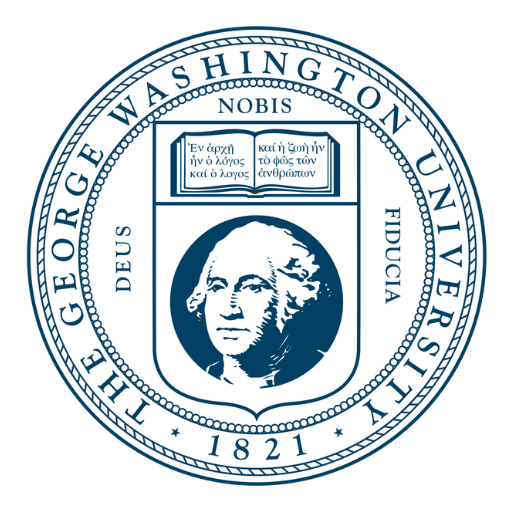In essence, the MRes provides rigorous research skills with a broad human geography focus. In total, it consists of four modules – the Research Project (worth 120 credits), two human geography related research modules (Doing Human Geography and Theoretical Themes for Geographers, each worth 20 credits) and a Research Design module (also worth 20 credits and available from the College of Social Science).
Research Project
The fundamental module is the Research Project. This is the main component of the MRes programme. It will provide the academic training and research-based learning in human geography.
The research project involves study within the student’s own area of interest, but within the overall context of human geography. The project will be closely supervised by a relevant member of staff and can be in any appropriate area.
The Research Project will be a maximum of 20,000 words.
Research Design
Related to the research project, the Research Design module is taken from the generic university-wide MA in Social Research. The intention is to enable students to develop an appropriate research design for their project and consider, evaluate and interpret the value of the varied forms of evidence that they may collect. Such activity would also be integrated into human geography-specific training provided through the two ‘subject-substantive’ modules (see below) offered by the School of Geography, Earth and Environmental Sciences.
The Research Design module covers a number of different themes including i) introduction to concepts and varieties of social science research design; ii) research questions associated with design, methodology and warranting practices; iii) research claims and conclusions that can be reliably drawn from different kinds of evidence produced by different designs; iv) key design features, such as groups, timing and measurement; and v) detailed analysis of a range of research designs.
The overall intention is that students write an individual report (4,000 words; Semester 1) describing a set of research questions relevant to their own area of research (i.e. the Research Project), suggesting two or more alternate designs, and assessing these alternatives in terms of issues such as rigour, practicality, ethics, sampling, and validity.
Doing Human Geography
The Doing Human Geography module is designed to integrate theoretical perspectives and methodologies through the medium of guided student research projects. By the end of the module students are expected to have therefore developed a good grounding in methodologies in Human Geography; are able to design and write a journal style article; can appreciate the main ethical problems that are addressed by Human Geographers; have an understanding of the interplay between theory, techniques and research design; can demonstrable an ability to be able to practice critical reasoning, can apply concepts and methods to particular geographical problems and are able to exercise and demonstrate independence of thought and judgement; and finally are able to develop essential generic and transferable skills for undertaking research in Human Geography.
Assessment is via a project presentation (20%) and a 4,000 word research project proposal (80%).
Theoretical Themes for Geography
The Theoretical Themes for Geographers module aims to provide a strong theoretical foundation for geographical research within the social sciences; to explore the use of social, cultural, political and economic theory in geographical texts; and to provide a structured space for the close reading of original texts both in geography and in the wider social sciences. Consequently, on completion of the module, students should be able to identify different theoretical approaches in geography and appreciate how these relate to broader philosophical, political and methodological stances in the social sciences; identify theoretical and methodological frameworks for their own research; and produce a review of bodies of theory relevant to their own research.
Assessment is via a 5,000-word essay (100%).
Show less










